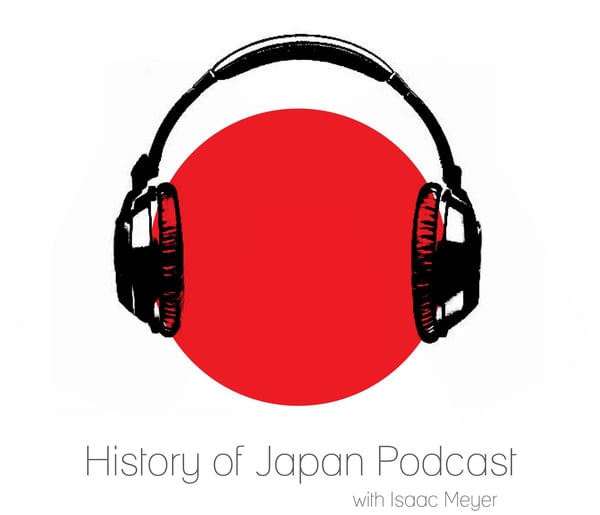Episode 544 - A Day in the Life of Meiji Japan, Part 2
History of Japan
Isaac Meyer
4.8 • 744 Ratings
🗓️ 6 September 2024
⏱️ 37 minutes
🧾️ Download transcript
Summary
This week, we're continuing last week's footnote on daily life in Meiji Japan. Topics covered this week include life as a conscript in the army, changes to Japanese cuisine during the Meiji years, and entertainment from kabuki to early movies.
Show notes here.
Transcript
Click on a timestamp to play from that location
| 0:00.0 | Hello and welcome to the history of Japan podcast episode 544, A Day in the Life of Meiji Japan, Part 2. |
| 0:27.3 | We left off last week with a discussion of school and work life in the Meiji period, and we're going to pick up right where we left off. |
| 0:35.0 | But I want to spend some time talking about another job, so to speak, |
| 0:38.7 | that was new and distinct in the Meiji era. You see, one of the defining features of Meiji |
| 0:44.7 | Japan was the imposition, in 1873, of universal conscription, subjecting all adult men to service |
| 0:51.7 | in the Army or the Navy, but more likely the former than the |
| 0:54.8 | latter. The imposition of conscription proved challenging to say the least, both because of the |
| 1:00.6 | long-standing social hierarchies of the feudal era. Samurai were not thrilled about commoners |
| 1:06.0 | honing in on their turf, and not a lot of commoners were too enthused about giving up their lives and jobs to go fight, |
| 1:12.5 | and because some unfortunate phrasing in the original text of the ordinance that the people of |
| 1:17.6 | Japan were paying back an obligation to the state in the form of attacks paid in blood, |
| 1:22.7 | meant rumors began to swirl that the government was literally planning to steal people's blood. |
| 1:28.7 | As you might imagine, the vampiric implications of this phrasing didn't go over super well, |
| 1:34.8 | and resulted in riots in a few places in the countryside. |
| 1:38.5 | In reality, that blood tax phrasing actually comes from post-revolutionary France, |
| 1:43.8 | when the Jacobin and Napoleonic-era |
| 1:45.8 | mass conscriptions were replaced with a lottery system that you could pay your way out of |
| 1:50.6 | or find a substitute to replace yourself with. Despite these initial speed bumps, conscription |
| 1:57.4 | did work at creating a military that could both suppress domestic dissent against |
| 2:02.4 | the new order and win Japan's overseas wars, helping the new state build up its imperial |
| 2:07.8 | prestige. By 1900, the practice and the new career it offered, so to speak, were embedded |
| 2:14.9 | in the fabric of Meiji life. |
... |
Please login to see the full transcript.
Disclaimer: The podcast and artwork embedded on this page are from Isaac Meyer, and are the property of its owner and not affiliated with or endorsed by Tapesearch.
Generated transcripts are the property of Isaac Meyer and are distributed freely under the Fair Use doctrine. Transcripts generated by Tapesearch are not guaranteed to be accurate.
Copyright © Tapesearch 2025.

